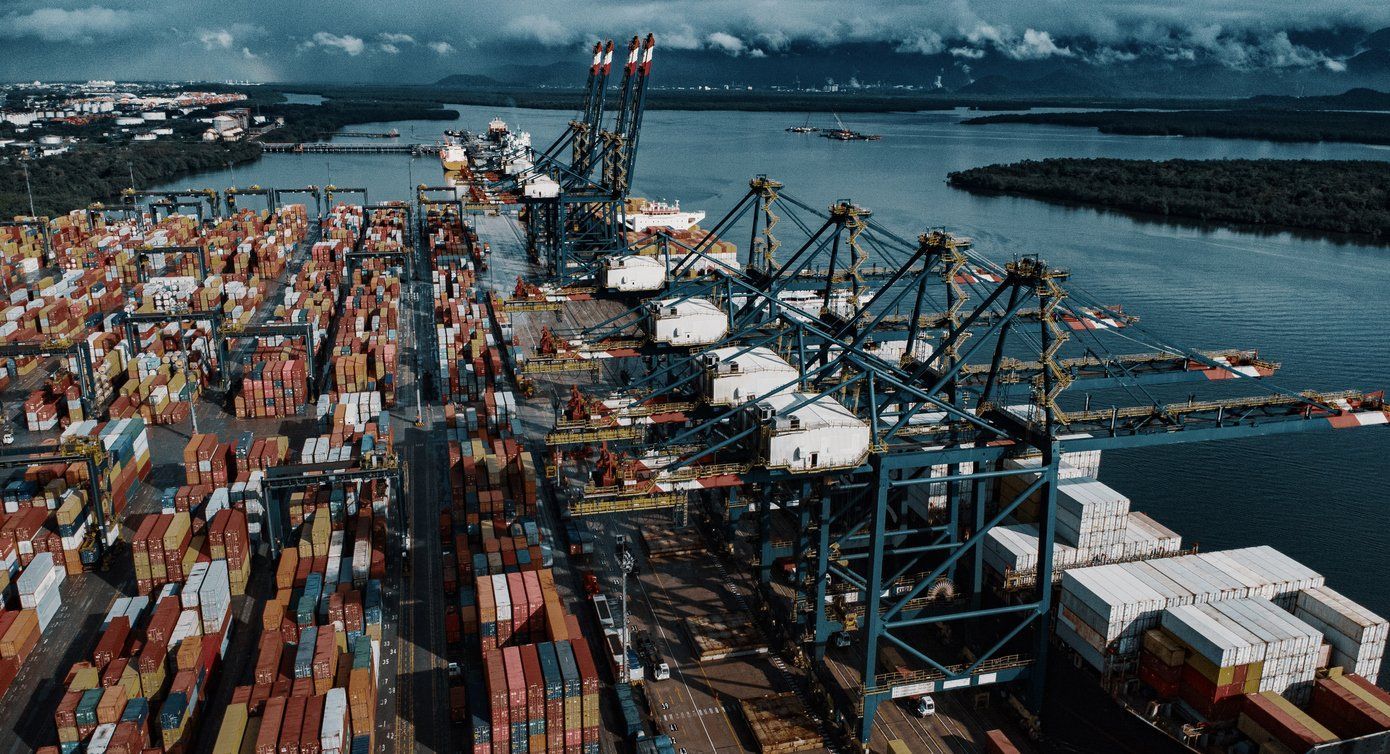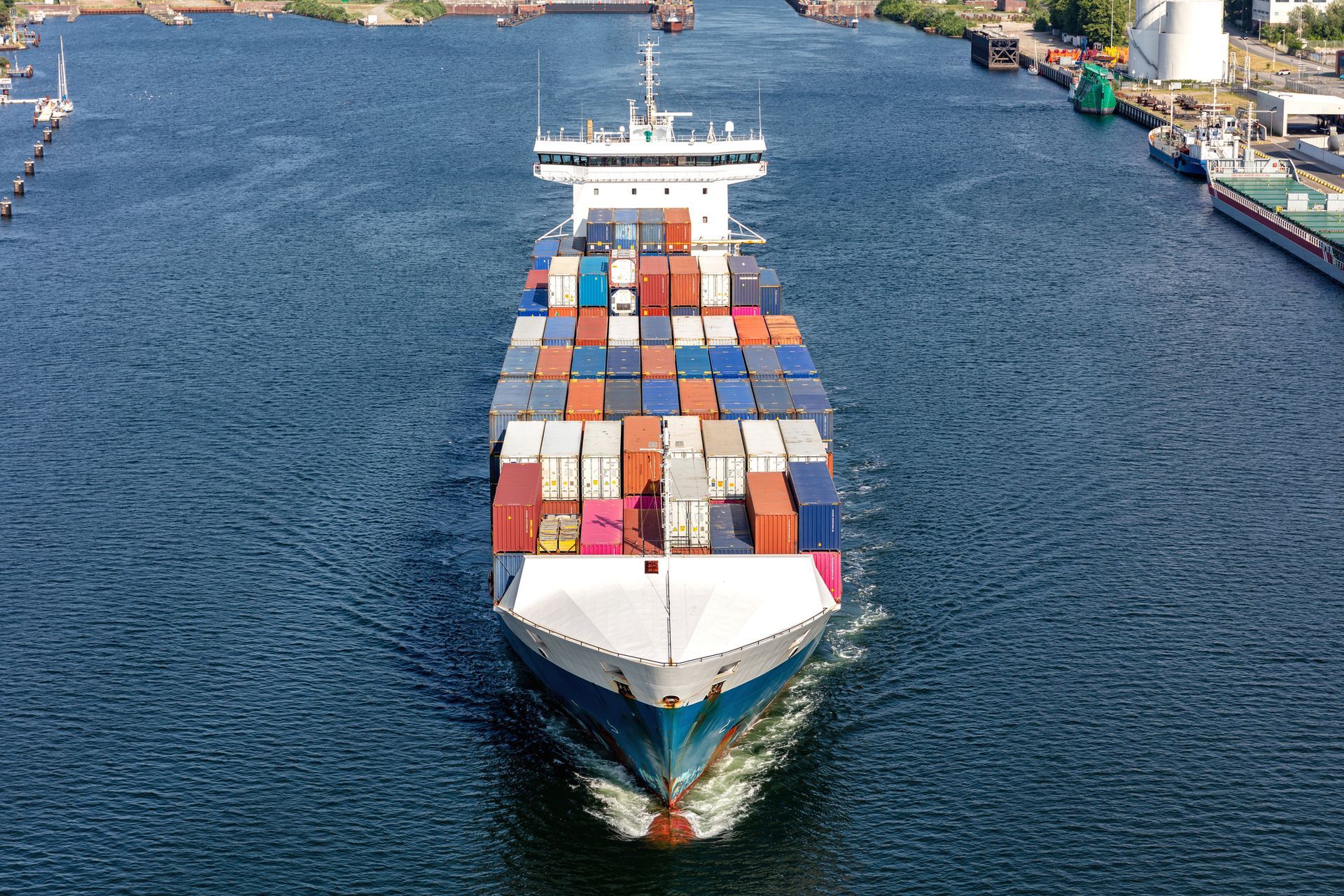
Learn about the Incoterm FCA and the responsibilities of those involved
Anyone who has ever been involved in international commercial transactions has certainly come across a series of terms and abbreviations that, at first glance, may seem like a confusing jumble of letters.
But what if I told you that these letters are the key to the success of your commercial operations, avoiding misunderstandings and conflicts? Entering the world of Incoterms, these standards define the responsibilities between those involved in an international transaction. One of the most versatile and frequently used terms is FCA, or "Free Carrier".
But why do so many professionals choose FCA? What are its specificities? And how does it differ from other Incoterms, such as FOB? This article will delve into the world of the Incoterm FCA, clarifying its responsibilities, transport modalities and its strategic importance in international transactions.
What are Incoterms?
Incoterms, or "International Commercial Terms", are standards established by the International Chamber of Commerce (ICC) for international sales contracts.
They define the responsibilities of exporters and importers regarding aspects such as freight payment, insurance contracting, delivery point and customs procedures.
By using an Incoterm, the parties ensure clarity in obligations, minimizing ambiguities in global transactions. In this way, they ensure a common language and understanding in international negotiations.
Types of Incoterms
Each Incoterm term represents different cost and risk responsibilities between the buyer and seller. Choosing the right Incoterm is crucial for a successful transaction. Below, we list the types:
EXW (Ex Works): Goods made available at origin by the seller.
FCA (Free Carrier): Goods delivered to the carrier defined by the buyer.
FAS (Free Alongside Ship): Goods positioned alongside the ship at the port of shipment.
FOB (Free On Board): Goods loaded on board the ship at the port of shipment.
CPT (Carriage Paid To): Seller pays for transportation to the place of destination.
CIP (Carriage And Insurance Paid To): Seller pays transportation and insurance to the destination.
CFR (Cost And Freight): Seller pays costs and freight to the port of destination.
CIF (Cost Insurance And Freight): Seller pays costs, freight and insurance to the port of destination.
DAP (Delivered At Place): Goods delivered to the place of destination defined by the buyer.
DPU (Delivered At Place Unloaded): Goods delivered and unloaded at the defined destination.
DDP (Delivered Duty Paid): Goods delivered with all duties and taxes paid at destination.
What is the FCA incoterm?
The FCA incoterm, or "Free Carrier", establishes that the seller is responsible for the goods from its headquarters to the international transport access point chosen by the buyer.
It is also the seller's responsibility to carry out customs clearance and ensure that the product is suitable for transport at its headquarters or another agreed location. This Incoterm is considered multimodal, being applicable to any means of transport, be it air, sea, road or river.
FCA Incoterm Transport Modalities
The FCA Incoterm is versatile and adaptable to various transport modalities, making it a popular choice in many international contracts, including air, sea, road and river transport.
This multimodal flexibility allows parties to opt for the FCA Incoterm regardless of the route or method of transport selected.
FCA Incoterm: Responsibilities
Under the FCA Incoterm, both the importer and the exporter have clear responsibilities:Types of Incoterms
Each Incoterm term represents different cost and risk responsibilities between the buyer and seller. Choosing the right Incoterm is crucial for a successful transaction. Below, we list the types:
EXW (Ex Works): Goods made available at origin by the seller.
FCA (Free Carrier): Goods delivered to the carrier defined by the buyer.
FAS (Free Alongside Ship): Goods positioned alongside the ship at the port of shipment.
FOB (Free On Board): Goods loaded on board the ship at the port of shipment.
CPT (Carriage Paid To): Seller pays for transportation to the place of destination.
CIP (Carriage And Insurance Paid To): Seller pays transportation and insurance to the destination.
CFR (Cost And Freight): Seller pays costs and freight to the port of destination.
CIF (Cost Insurance And Freight): Seller pays costs, freight and insurance to the port of destination.
DAP (Delivered At Place): Goods delivered to the place of destination defined by the buyer.
DPU (Delivered At Place Unloaded): Goods delivered and unloaded at the defined destination.
DDP (Delivered Duty Paid): Goods delivered with all duties and taxes paid at destination.
What is the FCA incoterm?
The FCA incoterm, or "Free Carrier", establishes that the seller is responsible for the goods from its headquarters to the international transport access point chosen by the buyer.
It is also the seller's responsibility to carry out customs clearance and ensure that the product is suitable for transport at its headquarters or another agreed location. This Incoterm is considered multimodal, being applicable to any means of transport, be it air, sea, road or river.
FCA Incoterm Transport Modalities
The FCA Incoterm is versatile and adaptable to various transport modalities, making it a popular choice in many international contracts, including air, sea, road and river transport.
This multimodal flexibility allows parties to opt for the FCA Incoterm regardless of the route or method of transport selected.
FCA Incoterm: Responsibilities
Under the FCA Incoterm, both the importer and the exporter have clear responsibilities:
Importer Responsibilities:
Supervise inspection, appraisal and storage in the seller's country.
Cover shipping and stowage expenses.
Organize transportation to the destination country.
Contract international insurance.
Manage unloading, handling and storage in the destination country.
Manage customs bureaucracy in your country.
Coordinate domestic transportation and insurance.
Evaluate and treat possible damage to the goods.
As part of Incoterms group F, the importer assumes responsibility for the main freight and international insurance.
Exporter Responsibilities:
- Ensure proper packaging and identification of the goods.
- Make the goods available at your headquarters or at an agreed point.
- Conduct domestic transportation and contract local insurance in your country.
- Supervise inspection and appraisal.
- Perform customs clearance in your country.
Incoterm FCA: Who pays international freight?
In the context of the Incoterm FCA, the responsibility for paying international freight falls on the buyer.
Although the seller has obligations up until the moment of delivery of the goods for transport, once this point is reached, all subsequent expenses and responsibilities become the buyer's.
This means that, after delivery for transport, all expenses for the main freight, as well as any additional costs, will be borne in full by the buyer.
What is the difference between FOB and FCA?
The Incoterms FOB and FCA define clear responsibilities in commercial transactions, but present fundamental differences in their applications and obligations:
Point of Delivery:
FOB (Free On Board): The seller's responsibilities end when the goods are loaded and loaded onto the vessel indicated by the buyer.
FCA (Free Carrier): The seller's responsibility extends until the goods are delivered to the pre-agreed place of export, which may be a port, airport, seller's premises, among others.
Mode of Transport:
FOB: Specific to water transport, generally referring to maritime transport.
FCA: This is a multimodal Incoterm, that is, it applies to any type of transport, be it air, road, river or even sea.
Contract and Freight:
When using the term FCA, it is crucial to understand the differences between FOB and CIF freight to avoid possible confusion. All specificities related to the terms of the contract between FCA and FOB must be detailed in the "shipping terms".
Continue a navegar no blog da Allink

Mantenha-se informado sobre o comércio exterior
Assine nossa newsletter e receba atualizações semanais de forma gratuita sobre o mundo da logística.




